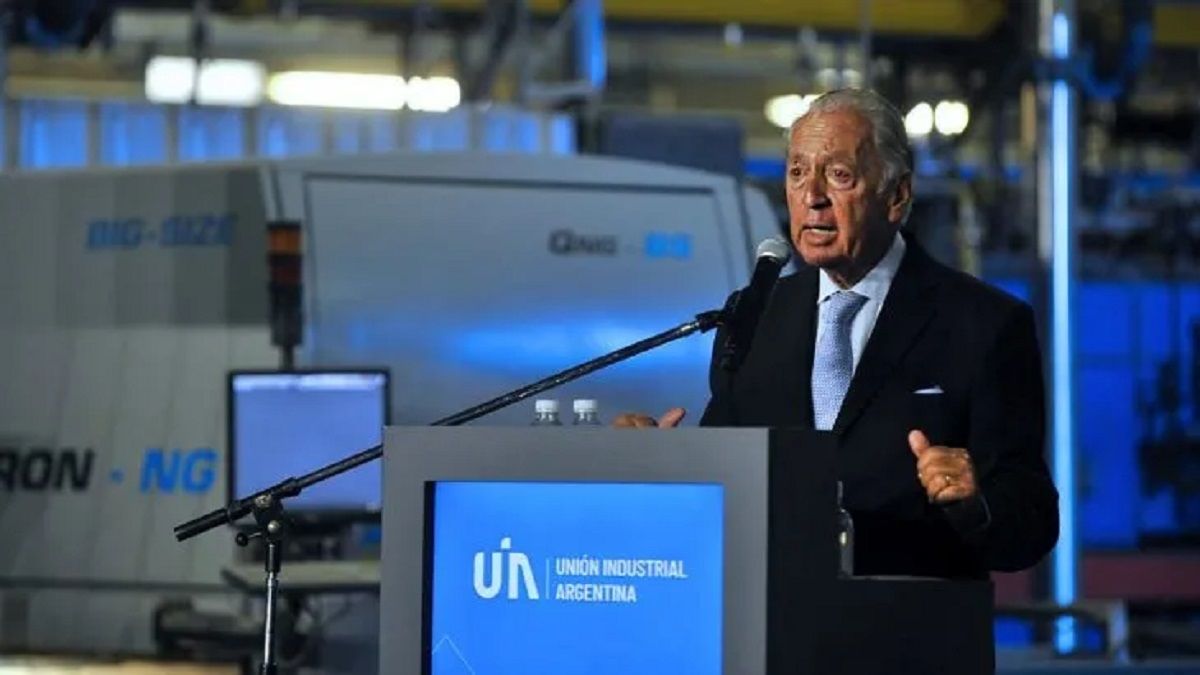Through a statement released in the last few hours, the industrial center came out to mark the field for the government through a warning stating that “the way for salary discussions” for the industrial sector “is joint agreements”questioning the versions about the possibility of ordering fixed sums for DNU.
The sector “today has 346 active collective labor agreements,” which in turn have “their respective agreements for salary increases and other benefits,” they said.
Along these lines, the UIA added that, if this mechanism materialized, it would be “a unilateral and transversal decision” and warned that “it would generate overlapping percentages or amounts that would contradict or overlap with the scales freely established by the parties within the framework of the negotiation processes.”
At the same time, they ensured that a fixed sum would distort the agreements reached “because the scales respond to different technical, economic and business realities according to each activity and/or branch”.
On the other hand, they highlighted that the industrial sector “has agreements whose salaries far exceed the level of the minimum vital and mobile wage.” And on average, industrial wages are 21% above the national average. The Argentine industry brings together almost 1,200,000 million workers.
Sergio Massa act CGT
Photo: Víctor Carreiras – Télam Agency.
Massa and the lump sum
As anticipated by Ámbitothis Tuesday, during the act with the CGT, the minister and presidential candidate of Unión por la Patria, Sergio Massaconfirmed that the implementation of “a fixed sum for the lowest wages” will be announced.
The measure, still under analysis, would seek to increase those formal salaries that are below the value of the basic poverty basket, which in July reached $232 thousand pesos.
At the end of the act, the triumvir Héctor Daer considered that the Argentine labor map “is very heterogeneous” and recognized that currently “there are salaries that were very delayed.”
“In this sense, a solution is sought, in some cases with financing from the public sectors, which are the least, and in others in the private sector, and the minister is trying to tie all these threads to resolve it,” Daer explained about the efforts of Massa in the economic portfolio.
Source: Ambito




